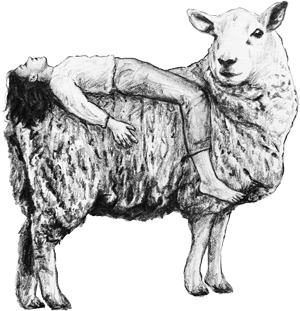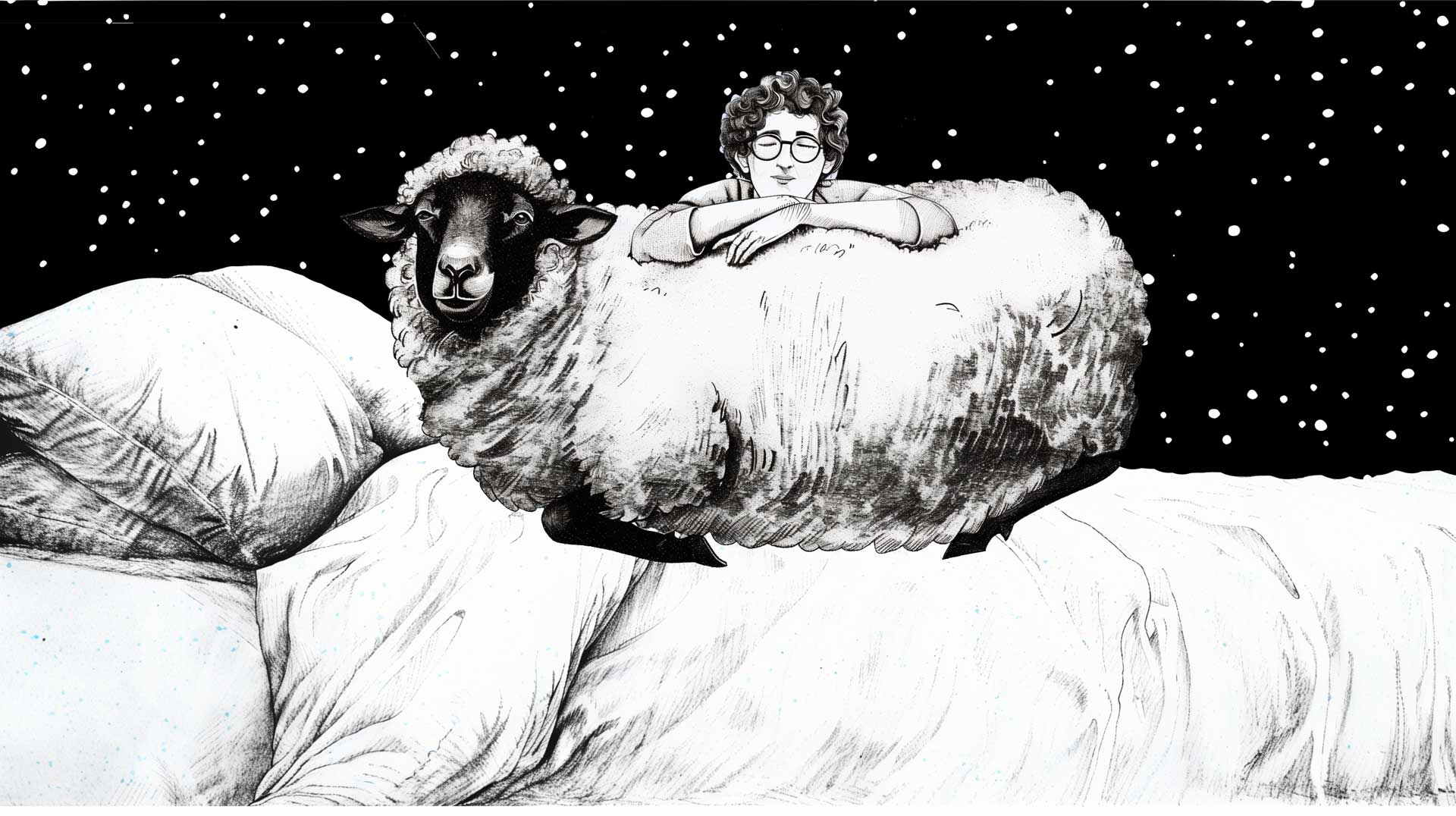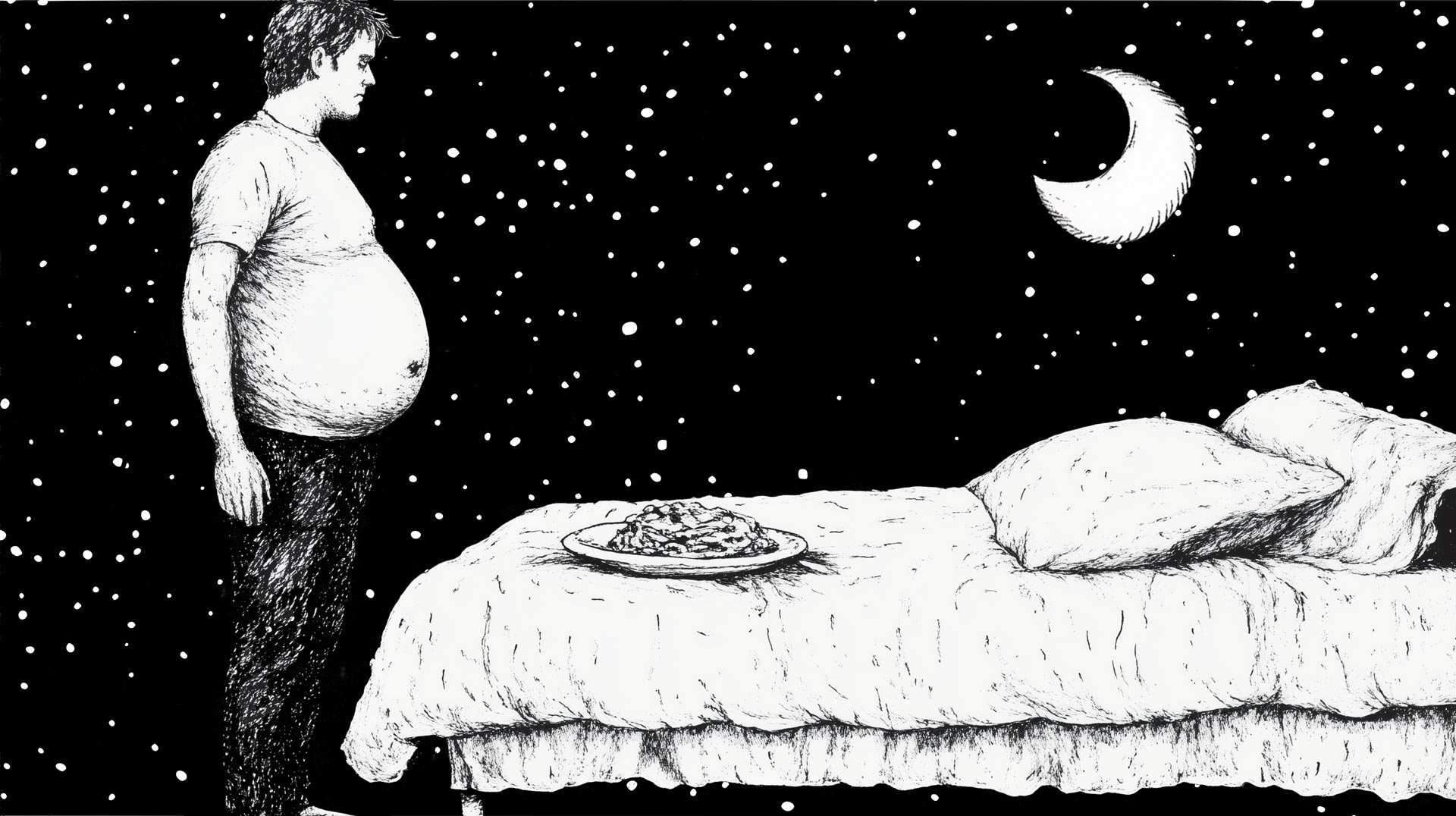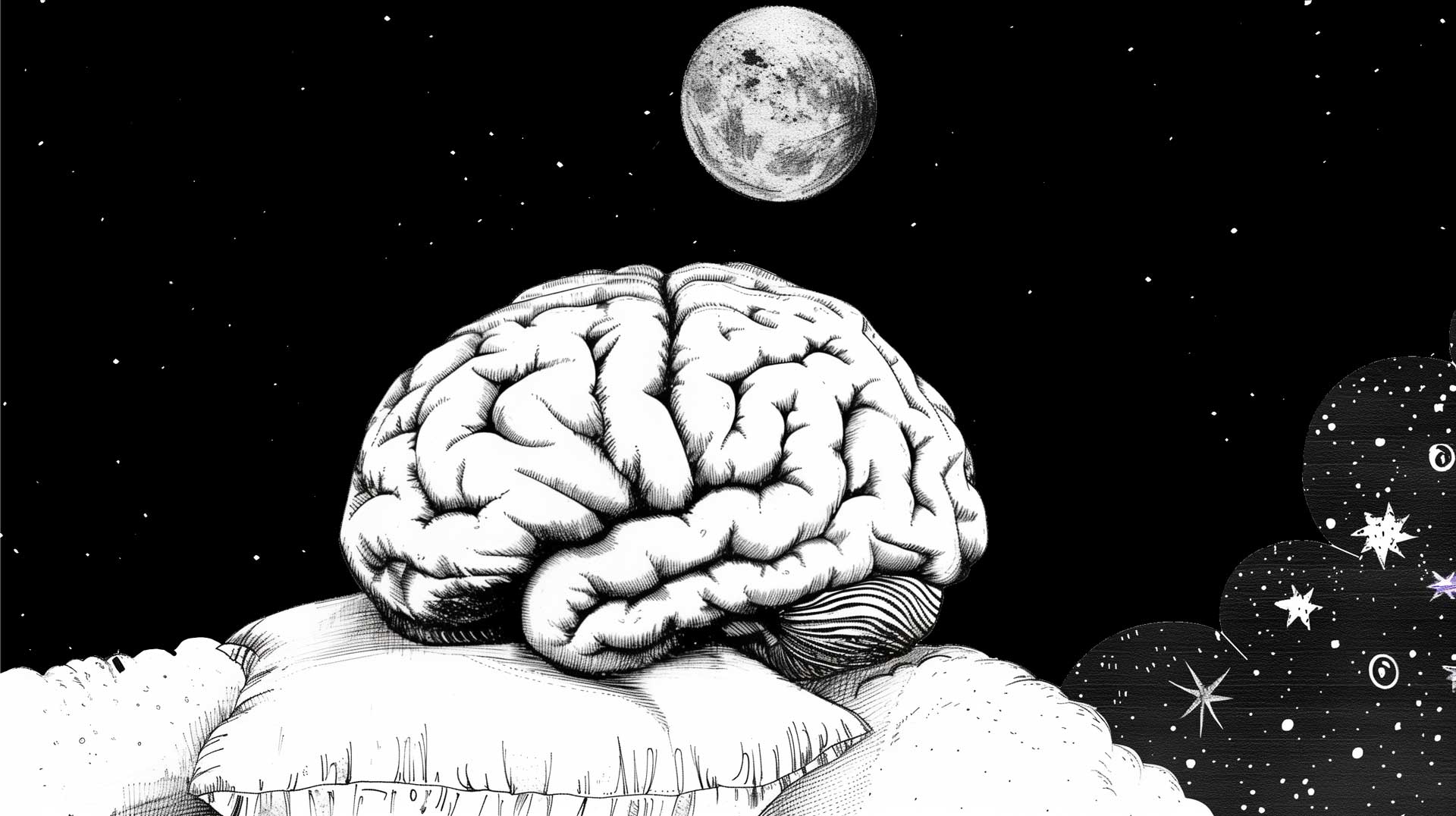Dou you like Tea? I’m sure you do. Me too.
But I didn’t knew that some Teas have benefits like “helping me sleep better” or “falling asleep faster”. When I read that I was quiet surprised, and I thought I need to dig deeper to whether that’s actually true.
It turned out to be a classy “it depends”. Some of the most famous sleep teas don’t have any science backing them up. Others do and showed their wonderful powers during research studies.
So, if you want to know the answers to if and how Tea helps you sleep or if you just want to know the best bedtime Teas, you’re in the right spot. We will take a look from an easy-to-understand science-based background and find out which Teas are the best. So, let’s do it.
In this Article we will cover:
Do Sleep Teas Actually Work?
Well, it depends. Some do and some don’t. Or at least not significant enough that they can be considered a natural sleep aid. Or not enough to see significant results in a research trial. However, most of those studies suggest further research is needed to be certain.
But a lot of those teas contain natural compounds that promote relaxation and reduce stress. While they may not be as powerful as prescription medications, many people find them to be effective and gentler on the body.
Since everyone is different it also might be that it works for some more than for others. If you tested something and it worked for you, good. Just keep going with it.
But even for the ones who do work, remember: They won’t replace good sleep hygiene or treat serious sleep disorders.
How Do Bedtime Teas Help You Fall Asleep?
Theory says that bedtime teas are made from a variety of herbs that have calming, sedative, and anxiety-reducing properties. These teas usually work by:
- Promoting Relaxation: Certain herbs, like chamomile, contain antioxidants that bind to specific receptors in the brain, helping to lower stress and encourage a sense of calm.
- Reducing Anxiety: Ingredients like valerian root can increase GABA (gamma-aminobutyric acid) levels in the brain. A neurotransmitter that helps soothe nervous system activity.
- Supporting Hormonal Balance: Some teas may encourage melatonin production. Melatonin is the body’s sleep hormone that makes you feel tired.
By reducing mental and physical tension, sleep teas can help you calm down. This can be especially beneficial for People who have trouble relaxing and always lie in bed with an active mind.
Here are the 6 Best Teas for Sleep According to Science
Now that we know how sleep teas work, let’s look at seven of the best bedtime teas you can try.
1. Lavender Tea
- Benefits: Lavender tea, known for its distinct floral aroma, is prized for its ability to promote relaxation and decrease stress. Lavender can have soothing effects on both heart rate and blood pressure, which are key physical markers of relaxation.
- Scientific backing: Studies show lavender may improve sleep quality and even help with mild cases of insomnia. It is to mention that this study included just 10 patients and suggests further research is needed to draw a clearer picture. -> [Source]
2. Passionflower Tea
- Benefits: Passionflower tea is known for its ability to support relaxation and ease mild anxiety. The herb contains flavonoids, which help increase GABA levels in the brain, much like valerian. This natural boost in GABA reduces overactive brain activity and helps calm the mind, making it easier to let go of worries.
- Scientific backing: A study with 41 participants (18-35) indicated “short-term subjective sleep benefits for healthy adults”. Sounds complicated. But they just found that over a 7-day period drinking Passionflower Tea before bed helped them improve their sleep quality. -> [Source]
3. Decaffeinated Green Tea
- Benefits: Green tea contains theanine, an amino acid known for promoting relaxation without drowsiness. Decaf green tea offers the calming benefits without the risk of caffeine keeping you awake.
- Scientific backing: Studies suggest theanine can improve sleep quality, particularly for people with high stress levels. A study with 40 participants showed that Decaffeinated Green Tea “significantly improved sleep quality and reduced subjective fatigue on Monday morning”. -> [Source]
4. Magnolia Bark Tea
- Benefits: Magnolia contains honokiol, a compound that shows many benefits. It has been found to help reduce stress and anxiety. Magnolia bark also supports healthy cortisol levels, which may be especially beneficial for those who experience wakefulness due to stress.
- Scientific backing: Animal studies suggest that honokiol in magnolia bark has calming effects, helping with both falling asleep and staying asleep. However, to prove an positive effect for humans more studies are needed.
5. Chamomile Tea
- Benefits: Chamomile is packed with apigenin, an antioxidant that binds to receptors in the brain, reducing anxiety and promoting relaxation. It’s also gentle on the stomach, making it ideal for those who may experience digestive discomfort before bed. -> [Source]
- Scientific backing: A study conducted over 28 days including 34 patients concluded the following. “Chamomile could provide modest benefits of daytime functioning and mixed benefits on sleep diary measures relative to placebo in adults with chronic primary insomnia.” -> [Source]
6. Valerian Root Tea
- Benefits: Valerian root has a long history as a natural remedy for anxiety and sleep troubles. It contains compounds that can increase GABA levels in the brain, which are responsible for calming nervous system activity. This effect can help relax both the mind and body.
- Scientific backing: A systematic review looking at 29 studies on the effect of Valerian and sleep. Most studies found no significant difference between patients who took Valerian and a placebo.
Negative Effects of Tea Before Sleep?
- Frequent Nighttime Bathroom Trips: Drinking tea close to bedtime can lead to waking up for bathroom trips, which may interrupt sleep.
- Pregnancy Concerns: Not all teas are safe for pregnant women. It’s best to consult with a doctor about herbal teas during pregnancy to ensure they don’t interfere with hormone levels or pose any risk.
Conclusion
The best Teas for sleep are 1. Lavender Tea, 2. Passionflower Tea and 3. Decaffeinated Green Tea. Those are actually backed by scientific research showing that they improve sleep quality in humans.
But at the end you need to see what works for you. Even though I like tea and sleeping well, drinking it shortly before bed would not be an option for me. Why? I don’t want to wake up in the middle of the night for a bathroom break.
If you don’t like tea, there are a ton of other natural sleep aids you might consider. For example, Ashwagandha or Magnesium.
